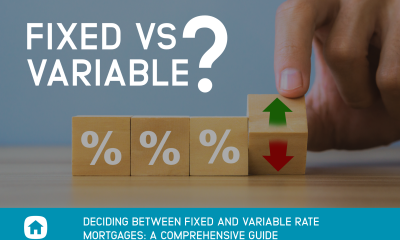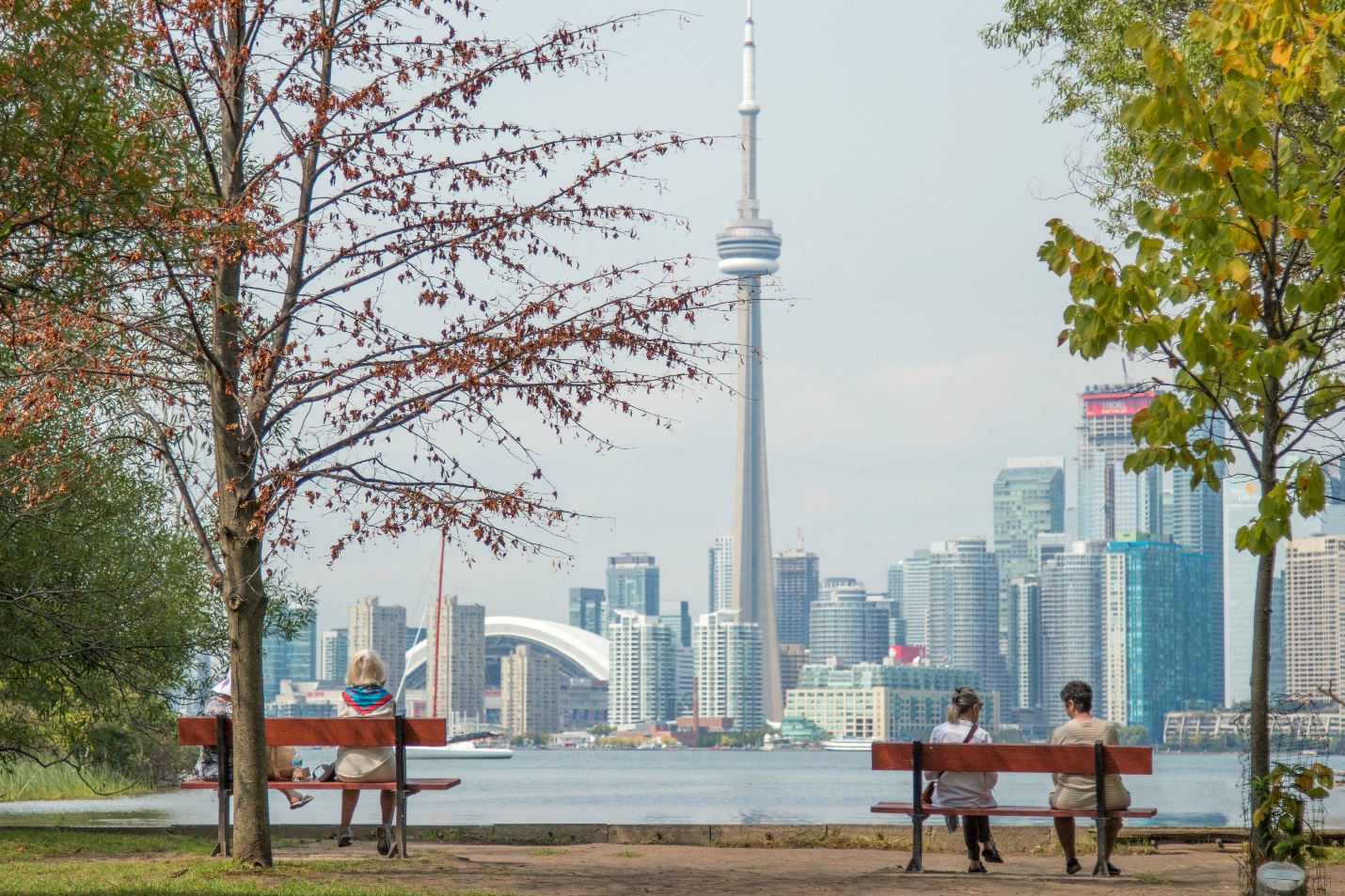How Ontario’s New Government Will Affect Housing Affordability
With the June victory of the Progressive Conservative Party in Ontario, headed by leader Doug Ford, speculation has been rampant about what that means for the hot Ontario housing market and the affordable housing agenda implemented by the outgoing Liberal Party government.
This agenda was implemented with the intent of cooling the overheated housing market. It included a 15% foreign buyers tax, an expansion of rent controls, and the power for municipalities to implement a vacant home tax similar to the one employed in Vancouver. These measures were aimed to cool the market in the Golden Horseshoe area around Greater Toronto, an area that has experienced unprecedented price growth in the past ten years and has become wholly unaffordable for many Canadians.
These measures came into effect in April 2017, and were initially criticized as knee-jerk and reactionary. But these restrictions, combined with a series of increases in the Bank of Canada’s prime rate, have mitigated the runaway housing prices in the Greater Toronto Area.
Today, the benefits of these programs have become apparent, with Christopher Alexander, Re/MAX Integra’s executive vice-president and regional director, telling the Toronto Star:
“When the frenzied buying hit the region in 2016 and continued through the first four months of 2017, “it was tough to be a buyer. Now it’s not as tough. You’ve got choices and you can make informed decisions better.”
While the affordable housing measures did give Canadians some breathing room, they did not solve the affordable housing problem in Toronto. Home prices are still high, with the average detached home in Toronto selling for $1.36 million in June and a strong second half of 2018 predicted. Given these very high numbers, many Ontarians are wondering what the PC Party will do to keep home prices under control.
Relying on Supply and Demand
The Ontario PC Party has yet to publish an official affordable housing plan, so we’re left to speculate based on leader Doug Ford’s comments about affordable housing – and the evidence is worrying. During the election, Ford hinted towards doing away with the foreign buyer’s tax. During an interview with The Globe and Mail, Ford commented that he was a big fan of supply and demand and that he believed markets should regulate themselves.
These comments mystified industry experts, who point to the beneficial effects of the current measures. BMO chief economic Doug Porter wrote in a recent report to clients: “How that can possibly be a top priority, especially given very compelling evidence that said tax played a huge role in deflation the Toronto housing bubble in the past year, is a mystery.”
Following British Columbia’s Lead or Charting Their Own Course
The new government has only been in place for two months, but at this point, their options are to either follow in the footsteps of British Columbia, which has also successfully implemented a foreign buyer tax, a vacancy tax, and expanded rent controls, or walk back these measures. This has already been done with other programs like the GreenOn Fund, a non-profit provincial agency that was recently shuttered. The organization had been tasked with handing out substantial rebates for energy-efficient home renovations but was abruptly disbanded after the election in June.
If the current measures are left in place, these, combined with rising interest rates and the federal government’s new mortgage stress test rules could help slow the growth of home prices in Ontario. Canada’s benchmark rate has been raised four times since last summer, reflecting a strong economy. These increased interest rates have made all types of borrowing – including mortgages – more expensive for Canada.
The mortgage stress test rules are also already contributing to slower growth. The federal guidelines came into effect at the beginning of 2018 and require all Canadians applying for a mortgage with a federally regulated institute to test applications using the benchmark five-year mortgage rate – even if the actual interest rate on the mortgage is much lower.
These factors all contribute to a measured Ontario housing market, and if left in place will continue to do so. But the truth is we just don’t know what will happen in the future, and with little information available on how the PC Party plans to proceed, we can only speculate on how their policies will affect the housing market.
A New Bubble?
While Ford did not hesitate to bandy about ideas for an affordable housing plan before the election, he has been remarkably silent ever since. This silence may be a good thing; it may signal a thoughtful consideration of the complex market conditions before any decisions are made that could affect thousands of Ontarians.
We do know that if some of the measures that were suggested during the election are enacted, Ontario’s housing bubble may just be beginning.

 Buying a Home5 years ago
Buying a Home5 years ago
 Credit6 years ago
Credit6 years ago
 Business4 years ago
Business4 years ago
 5 Mortgage Secrets7 years ago
5 Mortgage Secrets7 years ago
 Buying a Home6 years ago
Buying a Home6 years ago
 5 Mortgage Secrets6 years ago
5 Mortgage Secrets6 years ago
 News12 months ago
News12 months ago
 Business4 years ago
Business4 years ago





